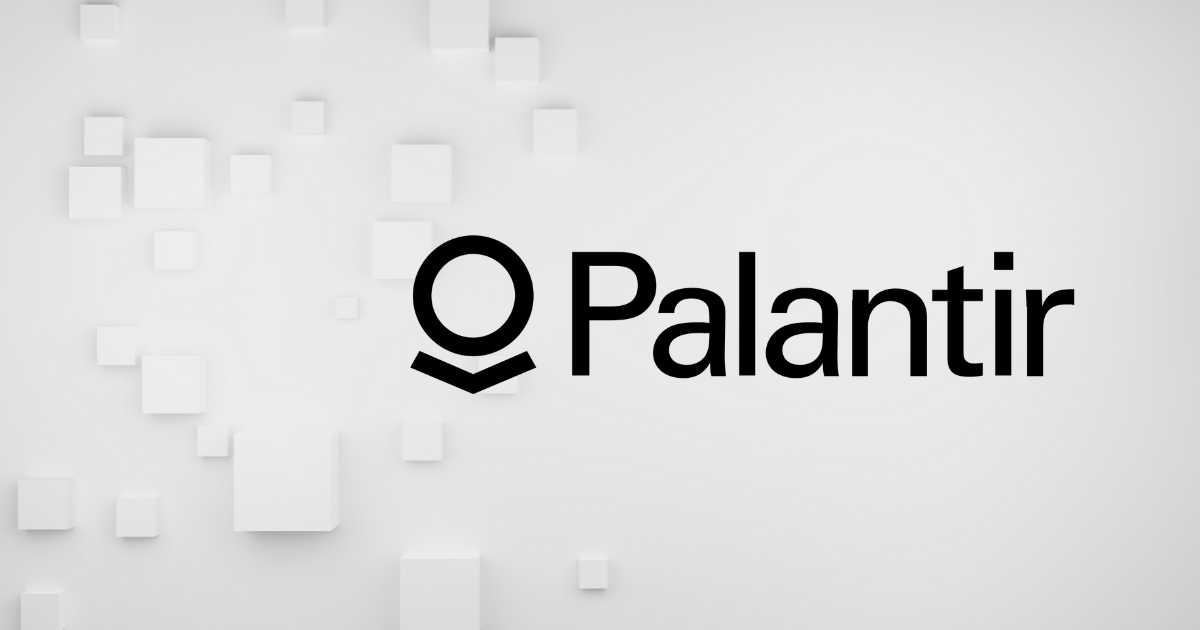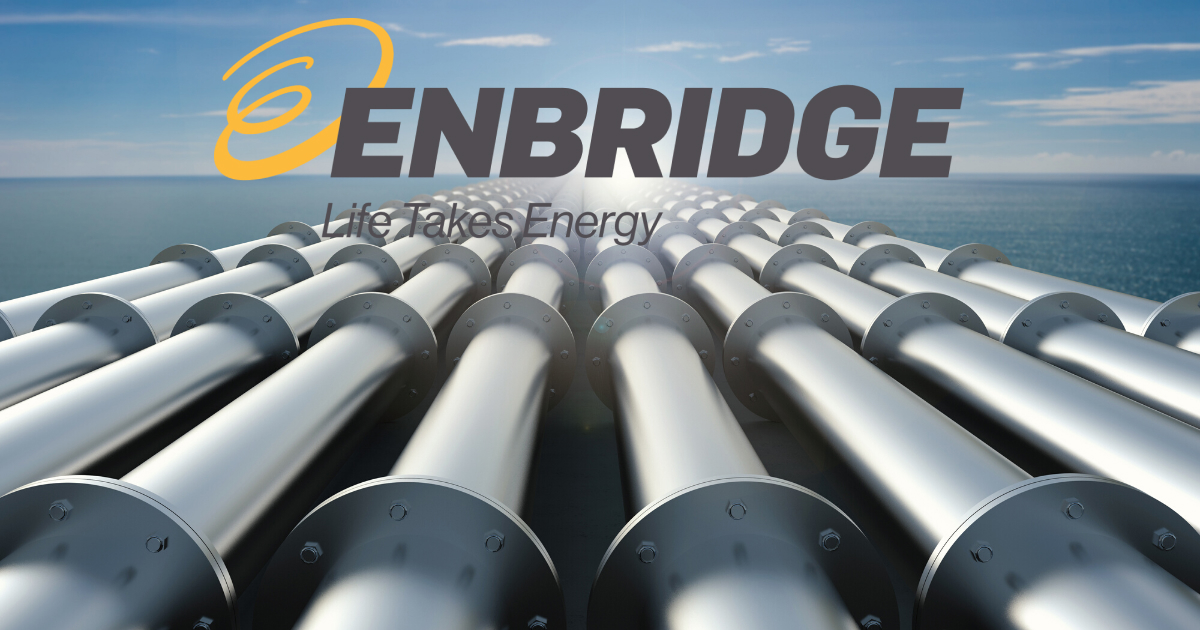Beer Sales Crash
Anheuser Busch InBev, the beer magnate behind popular brands like Bud Light, Budweiser, Michelob Ultra, and Natural Light, is facing a significant continuation of the backlash that has resulted in a further drastic drop in sales of Bud Light at their accompanying brands.
Analysts from JPMorgan predict a considerable dent in Anheuser Busch InBev’s U.S. profits for the current year, with expectations of a 26% drop in earnings before interest and tax (EBIT), a 12% reduction in sales volume, and a 10% decline in overall sales. Despite this bleak outlook, the analysts foresee improved margins as costs per liter decrease. Shareholders may also witness boosted returns as the company optimizes its balance sheet.
JPMorgan (Rank#4) analysts do not anticipate a recovery in sales for Anheuser Busch InBev in the Fiscal Year 2024. They acknowledge that there is a subset of American consumers who may avoid Bud Light indefinitely due to the controversy.
Bud Light Loses Top Spot
The recent decline in Bud Light’s sales and its loss of the number-one spot in domestic beer sales in America has sent shockwaves through the industry. For years, Bud Light had maintained its position at the top, dominating the market and enjoying unrivaled success. However, recent developments and marketing decisions have seemingly taken a toll on the brand’s popularity.
One significant event that may have contributed to Bud Light’s decline in sales is its partnership with transgender TikTok star Dylan Mulvaney in a marketing campaign. This move, aimed at diversifying their brand image and appealing to a wider audience, seems to have backfired. Reports suggest that Bud Light sales dropped by over 20% compared to the same period last year, indicating a negative response from consumers.
Critics argue that the decline in sales could be a direct consequence of Bud Light’s association with Mulvaney, as some consumers may have disagreed with or felt alienated by the brand’s choice of spokesperson. The partnership appears to have sparked controversy, possibly leading to a loss of support from certain segments of Bud Light’s consumer base.
In the wake of this decline, Bud Light’s parent company, Anheuser Busch, has been working to address the situation and win back customers. One strategy they have employed is the release of new advertisements featuring camo and burly men on motorcycles. By doing so, they aim to reconnect with their traditional fan base and restore their standing in the market. However, some critics argue that these efforts should not be mistaken for a genuine apology, suggesting that Bud Light’s attempts to regain lost ground may fall short.
As Bud Light faces a challenging period, another beer brand, Modelo Especial, has emerged to claim the top spot in domestic beer sales. This Mexican beer brand has capitalized on the situation, benefiting from Bud Light’s decline and capturing the attention of consumers. Modelo Especial’s rise in popularity demonstrates the dynamic nature of the beer market and the ever-changing preferences of consumers.
Overall, Bud Light’s loss of the number-one spot in domestic beer sales reflects the power of consumer sentiment and the importance of strategic decision-making in the highly competitive beverage industry. As the market continues to evolve, it remains to be seen how Bud Light will respond and whether it can regain its former dominance in the future.








































